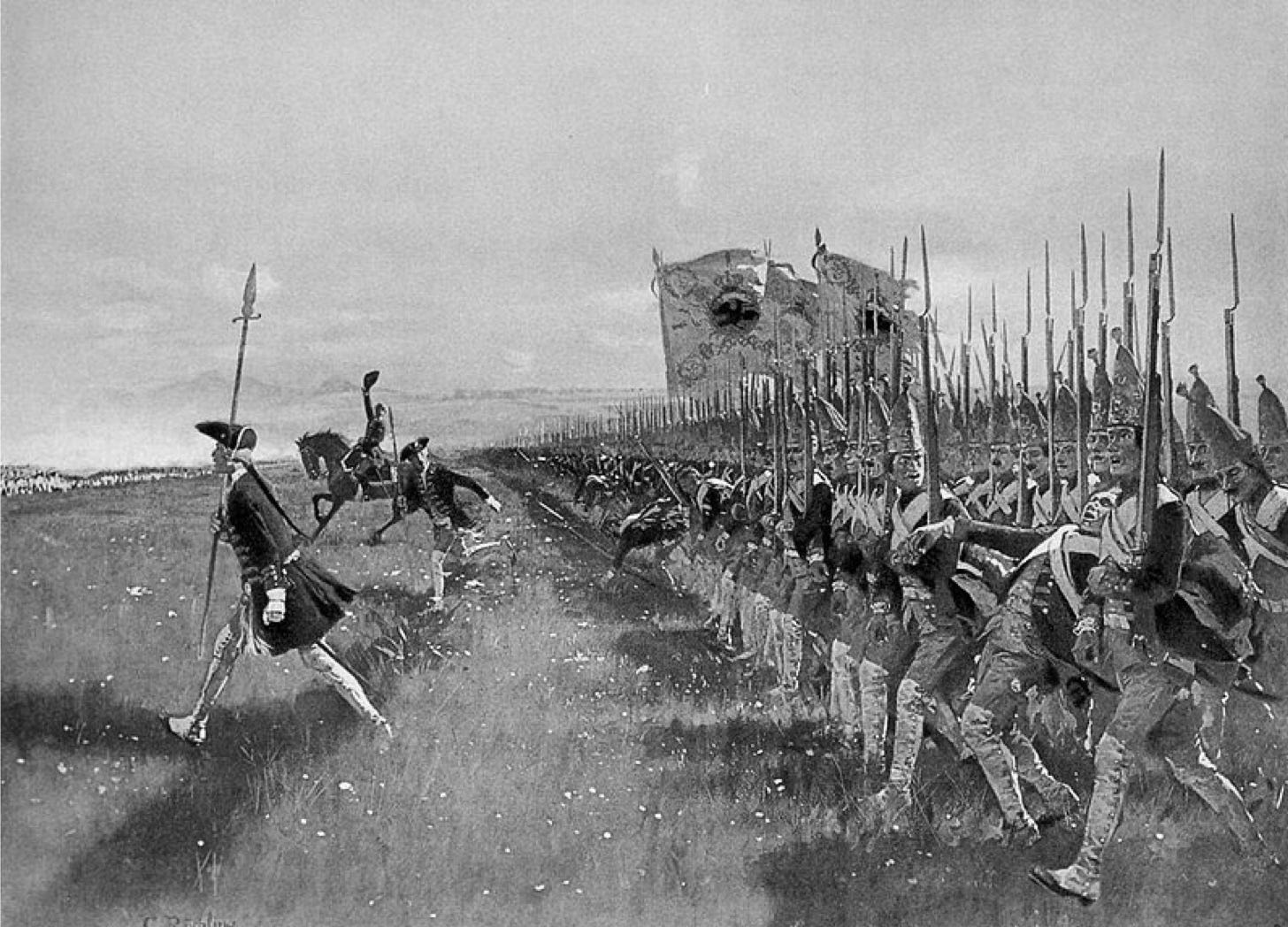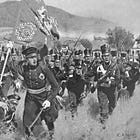This post continues the article that begun with …
‘Hallen,’ said I, as he again tried to evade the question when it cropped up, ‘you are not acting honestly by me; you are keeping back something. Why will you not tell me what it is? Even if my views have no value for you, that is no reason why you should keep back yours from me.’
‘Don’t be a fool’, answered Hallen. ‘If there are certain subjects about which I would rather not talk, it is only because my views are too peculiar to suit our usual conversation. I do not want you to say, “Spare me such crack-brained theories”’
‘I very much doubt your having strange ideas, my dear Hallen; but, even if so, you might tell me what they are. Perhaps I shan’t find them very strange, after all. Or’, I added, laughingly, ‘are you going to turn author?’ I am afraid you are writing a book, and wish to startle me with it when it appears.’
‘I, write a book?’
‘Yes, you have the ability; and now I think of it, I only wonder why you have not done so before. You speak like a book, why not write one? When a man begins to think for himself, he generally ends by going to the publisher.’
‘I do not know if I speak like a book, but I know that I cannot write one; otherwise, I should have done so long ago.’
‘Didn’t I say so? I see that you have had such an idea in your head. Perhaps you may yet carry it out. And what will be the name of the book?’
‘What will the name be? The Art of Hiding Crowds? The Plague of the Modern Battlefield? That title will do’, answered Hallen, laughingly.
‘Bravo!’ shouted I. ‘Certainly the book will create a sensation. At all events, the title will do so, and the contents also, provided they contain a prescription for the proper prophylactic against the plague.’
‘You mean, my dear fellow, that the chief duty of a physician is not so much the cure of illnesses as their prevention.’
‘And have you such a prophylactic against this plague, which we all know and detest?’
‘Yes; I think I have.’
‘Well, out with it.’
‘It is abolition of extended order.’
‘I have another’, laughed I. ‘Abolition of nerves’.
'Quite right', said Hallen, still joking. 'Your method is good; but it is no medicine, only an effect which will follow upon the use of my medicine. You believe both impossible', he added, 'I, on the contrary, seriously believe that these sensitive ‘nerves’ will, under certain conditions, cease to exist. These conditions are abolition of the crowding together of different units in the fight, and the introduction of close order formations; freeing our fighting tactics from the weaknesses which a false and sentimental humanity has introduced; and the restoration of the ‘bloody energy of war', to quote the words of the late General von Ollech.1
'Did you ever hear of Frederick’s men having nerves?2 I think any of his officers who had nerves would very probably have been cashiered on the news reaching the King’s ears. And if the officers do not have “nerves”, neither will the soldiers; that is to say, soldiers fighting in close formation under the eyes of their officers.'
'You would not have us return to linear tactics?' I asked, in astonishment.
'Not return, but advance', answered Hallen, quietly. 'The old linear tactics are dead, but a Phoenix may arise from their ashes. Rejuvenated linear tactics, suitable for modern fighting, and consisting of handy single ranks, with no depth of formation.'
'But, Hallen, those are not linear tactics.'
'Call them what you will. What presents itself to my mind is the regulated mass-fire of lines in close order. In these lines, the platoons in single rank will form the fire unit.'3
'Lines in close order!'
'Yes, lines in close order; but flexible lines, well accustomed to maneuver in the open field. Now, you have made me say so much that you must listen to me patiently', added Hallen, with that friendly earnestness which characterized him.
I listened with astonishment.
To be continued …
Links to the other installments of this series can be found on the following page …
Karl Rudolf von Ollech (1811-1884) commanded a Prussian army corps during the German Civil War (1866) and three fortresses during the Franco-Prussian War (1870-1871). After the latter conflict he served for several years as director of the Kriegsakademie in Berlin.
As used here, ‘Frederick’ refers to the king, usually described in the English-speaking world as ‘Frederick the Great’, who ruled Prussia, from 1740 until 1786, as Friedrich II.
The translator, Captain Gawne, used ‘platoon’ to render into English the German word Zug. In the infantry regiments of the Prussian Army of the 1880s, a Zug emerged when a captain divided his company into three parts, each of which consisted of eighty (or so) riflemen.







